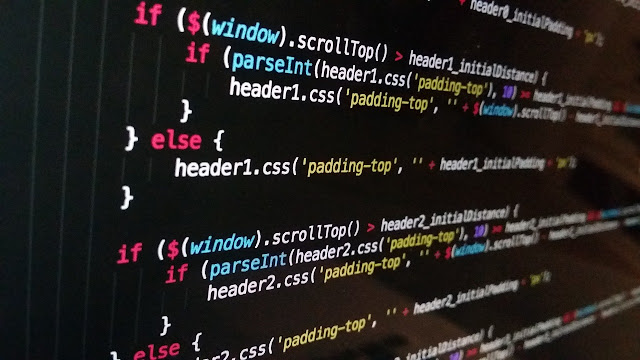fundamentals of popular programming languages like Python, JavaScript, or Java.
fundamentals of popular programming languages like Python, JavaScript, or Java.
Programming Languages:
Explore the fundamentals of popular programming languages like Python, JavaScript, or Java.
Compare the strengths and use cases of different programming languages.
Web Development:
Learn HTML, CSS, and JavaScript for front-end development.
Dive into back-end development with frameworks like Node.js, Django, or Ruby on Rails.
Mobile App Development:
Understand mobile development for iOS and Android platforms.
Explore frameworks like React Native or Flutter for cross-platform app development.
Data Science and Analytics:
Learn the basics of data analysis using tools like Python's Pandas and NumPy.
Explore data visualization with libraries like Matplotlib and Seaborn.
Machine Learning and Artificial Intelligence:
Understand the concepts of machine learning and AI.
Explore popular ML frameworks like TensorFlow and PyTorch.
Cybersecurity:
Learn about ethical hacking and cybersecurity best practices.
Understand encryption, network security, and secure coding principles.
Cloud Computing:
Explore cloud platforms like AWS, Azure, or Google Cloud.
Understand cloud services, deployment, and management.
Internet of Things (IoT):
Learn about connecting and programming IoT devices.
Explore IoT protocols and security considerations.
Blockchain Technology:
Understand the fundamentals of blockchain and cryptocurrency.
Explore smart contracts and decentralized applications (DApps).
DevOps Practices:
Learn about continuous integration and continuous deployment (CI/CD).
Understand containerization with tools like Docker and container orchestration with Kubernetes.
Augmented Reality (AR) and Virtual Reality (VR):
Explore the development of AR and VR applications.
Understand the tools and platforms for creating immersive experiences.
Quantum Computing:
Explore the basics of quantum computing principles.
Understand the potential applications and challenges in this emerging field.
Programming Paradigms:
Dive into different programming paradigms such as object-oriented programming (OOP) or functional programming.
Understand when and how to apply different paradigms in coding.
Tech Ethics and Responsible AI:
Explore ethical considerations in technology and AI.
Understand the impact of technology on society
fundamentals of languages like Python, JavaScript, or Java.
Certainly! Let's briefly explore the fundamentals of Python, JavaScript, and Java:
Python:
Syntax:Known for its readability, Python uses indentation to define code blocks, reducing the need for braces or keywords.
Data Types:Common data types include integers, floats, strings, lists, tuples, dictionaries, and sets.
Control Flow:Uses indentation for code blocks within if statements, loops, and functions.
Functions:Defining functions is straightforward with the def keyword.
Libraries:Extensive standard libraries make Python versatile for various tasks, from web development to data analysis (e.g., NumPy, Pandas, Flask).
JavaScript:
Syntax: primarily used for web development, JavaScript has C-style syntax with semicolons to end statements.
Data Types:Dynamic typing with data types like numbers, strings, arrays, objects, and booleans.
Control Flow:Uses if, else, and switch statements for conditional logic.
Functions:Functions are first-class citizens, allowing them to be assigned to variables, as arguments, and returned from other functions.
Asynchronous Programming:Supports asynchronous programming using callbacks, promises, and async/await for non-blocking operations.
Java:
Syntax:Follows a C-style syntax with semicolons to end statements and uses braces to define code blocks.
Data Types:Strongly typed with primitive types (int, float, char) and object types (classes, arrays).
Control Flow:Uses if, else, switch, and various loop constructs (for, while, do-while).
Functions (Methods):Functions in Java are called methods and are part of classes. The main method is the entry point for execution.
Object-Oriented Programming (OOP):Emphasizes OOP principles like encapsulation, inheritance, and polymorphism.
Platform Independence:Java applications are compiled to bytecode, which can run on any device with the Java Virtual Machine (JVM), providing platform independence.
Remember, while these are fundamental aspects, each language has its unique features and use cases. It's essential to practice coding to gain a deeper understanding of these fundamentals and explore the capabilities of each language in real-world scenarios.






Comments
Post a Comment